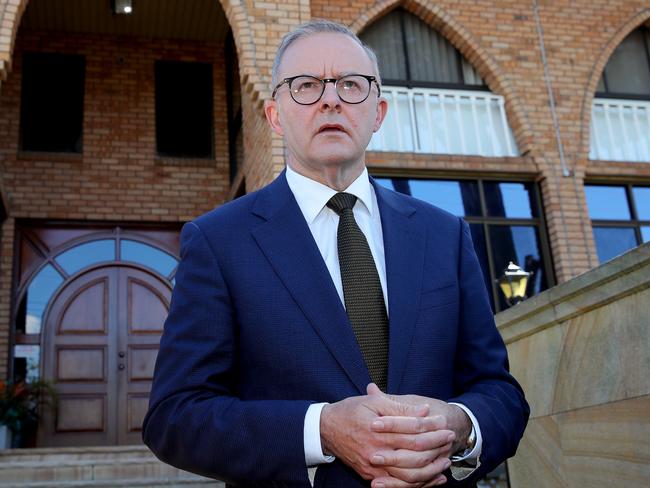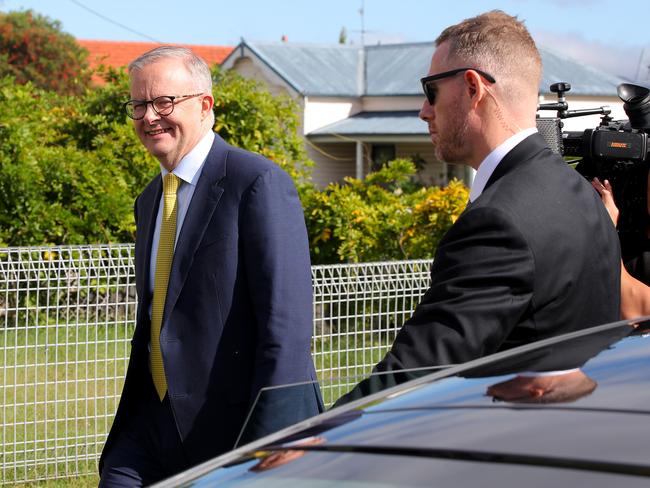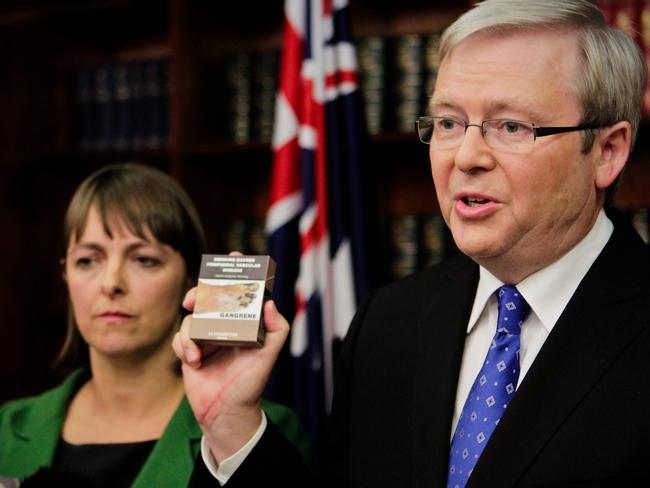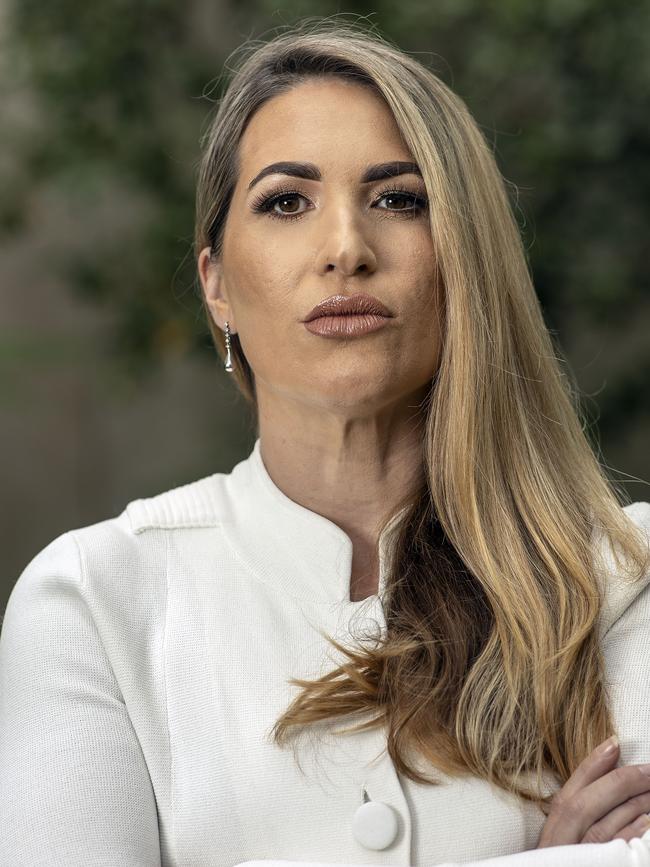Vikki Campion: Labor digging up old rural health policy is bad form
Labor makes an art form of talking about problems it can’t fix, such as climate change, but not what it can improve, such as regional health, Vikki Campion writes.
Opinion
Don't miss out on the headlines from Opinion. Followed categories will be added to My News.
The first time you light a cigarette, it’s an experiment – the second, it’s the path to a bad habit. And with this regurgitated GP Superclinic plan, Labor has just lit their next dart.
Labor makes an art form of talking about problems it can’t fix, such as climate change, but not what it can improve, such as regional health.
You can’t get doctors into Central Queensland but you can change the globe’s temperature?
If they had used their time in Opposition working up policy instead of social media gotcha moments in Question Time, their regional health plan wouldn’t have come from the bottom shelf, coated in 10 years’ worth of dust.
When Labor leader Anthony Albanese announced a rehash of that experimental and failed GP Superclinics policy this week under a new name, the reaction in the Central Queensland seat
of Flynn, which has two, was of disbelief.
The $11 million GP Superclinic, which former health minister Tanya Plibersek opened in 2013 in Gladstone, is now a private billing practice.

Since then, they never again held a seat in Central Queensland – not only because of this, but it hardly turned the dial.
Gladstone now has just 0.6 per cent of one psychiatrist, lacks specialists in obstetrics, urology, ophthalmology, orthopaedics and their rheumatologist tragically died in the recent Brisbane floods.
In the end, that Superclinic policy was the excuse to refuse upgrades to the local hospital, keeping it bogged as a level three – able to provide “low to moderate-risk inpatient and ambulatory care” with access to limited support services, predominantly delivered by GPs who are “not necessarily on site” and RNs including midwives and or nurses with specialty qualifications.
Gladstone struggles to get GPs to stay and if there was a serious incident at any of the town’s three gas plants, workers are painfully aware they would need an hour-long trip to Bundaberg or Emerald for lifesaving services.
Last May, there was an explosion at Callide, which could have been devastating, and had it tragically gone in another direction, the incapacity of Gladstone’s medical service to deal with
a crisis would have been brutally exposed.
If you have minutes to live, you don’t have hours to travel.
The Flynn experience proves that Labor’s rehashed super clinic model cannot guarantee that emergency departments will be strong, services will be bulk-billed or that GPs will stay.
Mr Albanese’s health policy lines in Cessnock this week appeared to echo the talking points from former health minister Nicola Roxon a decade ago.

In Cessnock, he said the Urgent Care Centres would stop kids with minor injuries “waiting in ED; they are not clogging up emergency departments”, just as Roxon said in Gladstone in 2010: “Our hospitals simply will not be able to cope if we don’t invest in these major health centres outside our hospitals.”
It didn’t work back then and won’t work now.
Buildings with brass plaques with politicians’ names engraved on them don’t treat patients; doctors do and if shiny new hospitals in regional Australia won’t bring doctors, why would shiny new medical centres?

Where will all of the extra GPs come from, especially for Labor’s after-hours coverage? Are they moving from Mosman to do night shift
in Gladstone?
From Double Bay’s cafe culture to Goondoon St’s chemical, resources and engineering shopfronts?
The default Superclinic or Medicare Urgent Care Centre is called the emergency department
in a public hospital. Why would diverting funding into new buildings be a solution if that’s not appropriately funded?

Any new regional health initiatives need to invest in the workforce, particularly in regional Australia, dealing with the maldistribution of doctors into the inner cities.
It takes 10 to 12 years to educate and train a fully minted doctor. It’s not just a university degree; it requires compulsory training and a second degree, fellowship with a specialty college, on top of a six-year university degree.
The first time this Superclinic policy came up, the independent body that checks taxpayers’ money has been spent properly, the Australian National Audit Office, said: “Recruiting and retaining sufficient staff has been the biggest challenge for most clinics.”
Like most not-so-brilliant ideas, the enthusiasm was lacking the first time round, with less than half of those super clinics ever built.
This rinse and repeat failure is a proxy for a proper policy construction that is unlikely to be picked up on the campaign trail. It’s the homework oppositions should do before.
Labor’s mantra is the Coalition has had 10 years in government – so they have had 10 years in Opposition to send shadow ministers to regional areas to come up with cogent policy, yet after 10 years, they don’t even have a regional health minister.
Instead, they have a shadow assistant minister for the republic and a shadow minister for constitutional reform.
Let’s take that for a run down the main street of Muswellbrook.
The biggest issue is that Labor didn’t consult with anyone in the bush because, if they did, they would realise this is a workforce constraint.
No stakeholders have backed it in. Key people in the health space labelled the plan “barely coherent” and the Australian Medical Association and the Royal Australasian College of General Practitioners failed to endorse the policy.
Talk to exhausted health professionals in Mount Isa, Biloela, and Longreach – you’ll find out whether they want another building or more doctors, nurses and allied health professionals working and training in their area.
This is Labor’s fundamental bad habit. They come up with Canberra solutions for Gladstone’s issues.





